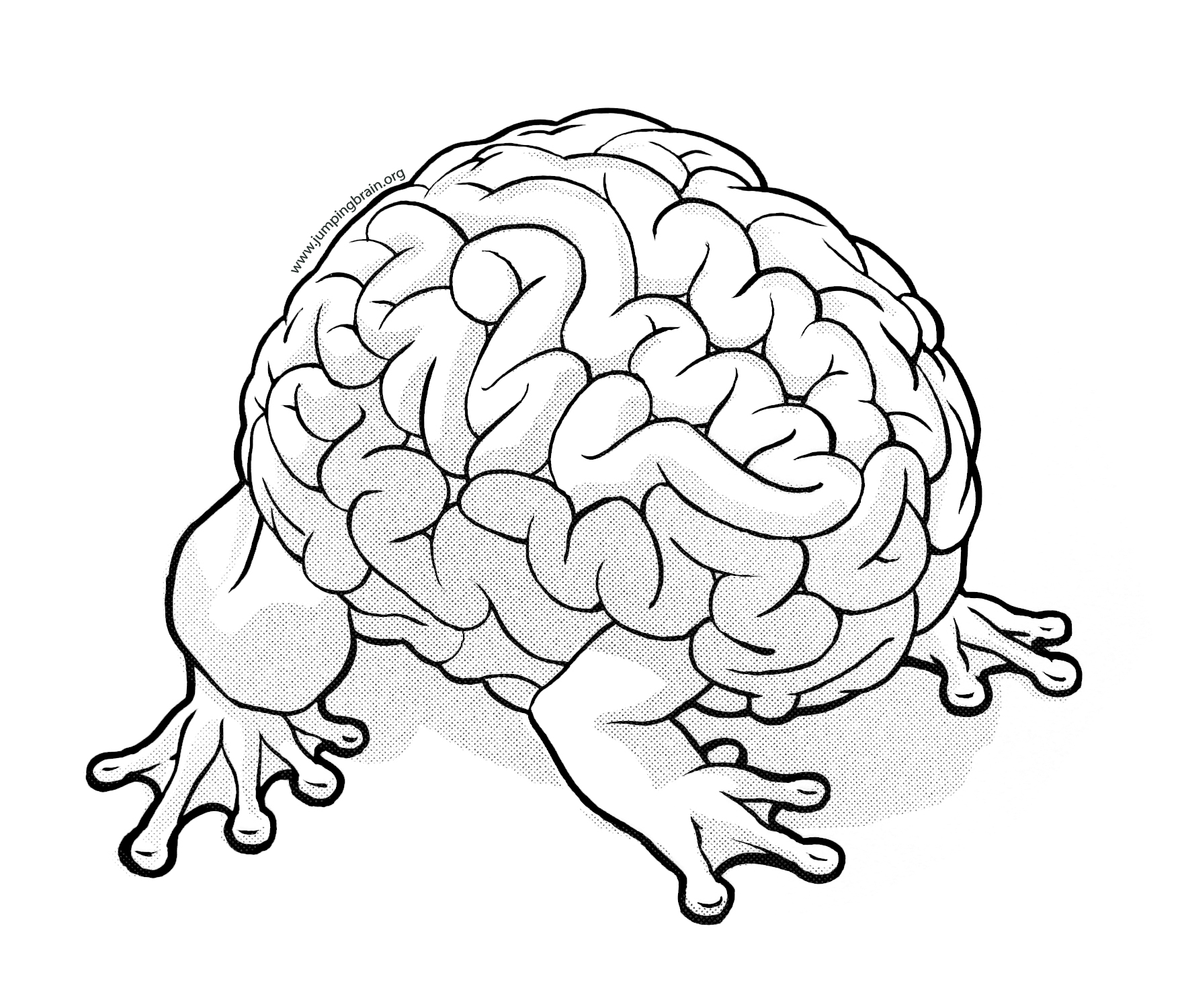Published December 20, 2010

Our brains are not evolving nearly as fast as computers. (Emilio Garcia)
In computing, Moore’s Law states the number of transistors on a microchip will double every two years. It has held true ever since Intel cofounder Gordon Moore came up with the idea 45 years ago.
While processing speed grows exponentially, so does information. We are able to measure and record nearly every aspect of our daily lives.
And yet, by and large, the human brain’s capacity is not growing. Is that a bad thing?
The New York Times reports on IBM’s Center for Social Software in Cambridge, which studies “the modern-day challenges of collaborating across distributed, global enterprises.”
The lab tries to use increasingly sophisticated computers to act as information advisers.
“I do think of computers as augmenting people, not replacing them,” said Irene Greif, the director of the research center. “We need help with the limits of the brain, but there are some things that our brains can do that computers can’t do.”
The researchers essentially create programs that find patterns (and outliers) in the “fire hose” of information. Once patterns are revealed, it becomes easier to decide who or what is worth our undivided attention.
In other words, the human brain wants information to be YouTube-sized. “For better or worse, we are watching a C-Span version of our lives trying to fast-forward to the good parts,” the Times article notes.
We don’t remember every detail of every day of our lives — we don’t want to — we remember the births, deaths, celebrations and accidents, the important parts.
That is, most of us. Did you see Sunday night’s “60 Minutes” story on super-memorizers? It’s a fascinating account of five people known to have “superior autobiographical memory,” including, weirdly, Marilu Henner, the star of “Taxi.”
These people can remember every single day of their lives. And they can tell you the day and date of any event that occurred in their lifetimes, instantly. (In most cases, they can also tell you what they had for lunch that day.) One subject is apparently able to remember every Pittsburgh Steelers game ever played during his adult life.
Scientists will study their “endless memories” as we march on through the Information Age. In the story, Lesley Stahl poses a question: Would you want that kind of brain?
Well, would you?